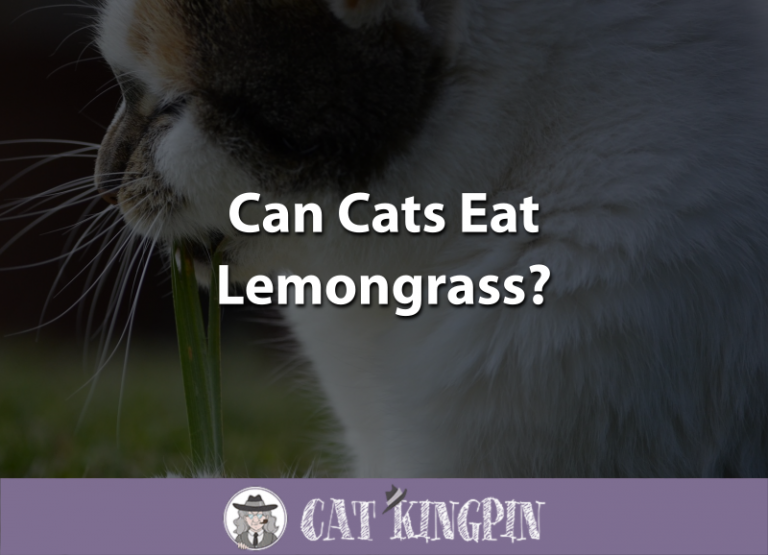Can Cats Eat Mango?
Mangoes are a tasty choice for people who are trying to eat a healthy diet. Very popular in many parts of the world, you may wonder: can cats eat mango?
In this article we’ll cover the following:
- Cats and Mango, What You Need to Know
- Can Cats Eat Mango?
- Can Kittens Eat Mango?
- Benefits/Drawbacks to Cats Eating Mango
- Healthy Alternatives to Mango for Cats
Cats and Mango, What You Need to Know
Mangoes are one of the ten most popular fruits in the world, so much so that they are the national fruit of India, Pakistan, and the Philippines. Technically a drupe like olives and coconuts, mangoes are composed of a fleshy outer layer surrounding a pit.
Mangoes are a good source of vitamin C, and are very low in fat. While they do contain quite a bit of sugar, the fiber and other nutrients in mangoes make them a pretty healthy snack for people.
Although cats are primarily meat eaters, as the following video shows, some enjoy noshing on a bit of mango from time to time:
Can Cats Eat Mango?
Yes, your cat can eat mangoes! Mangoes can be a tasty and fun treat if your cat is interested in actually eating them, anyway.
Just don’t be surprised if they don’t want to eat the mango. Since cats are meat eaters, many will just play with it or rip it apart, leaving a mess for you.
For a special treat that would be especially good on a hot summer day, some cats even enjoy licking mango popsicles, as you can see in the following video:
https://youtu.be/Xi8QZA2heEk
Can Kittens Eat Mango?
Kittens tend to be even more susceptible than adult cats to most things because they are tiny and have not yet fully developed. Though rare, any pathogens or allergens on mangoes are even more likely to affect a kitten than an adult cat.
Similarly, kittens are more sensitive to the laxative effects from the fiber in mangoes. This could cause diarrhea, possibly leading to dehydration and a trip to the vet.
Instead of mangoes, why not try giving your kitten a healthy kitten food like Blue Wilderness kitten food? This type of food has everything your kitten needs to grow up big and strong, and without anything that could cause harm.
Benefits/Drawbacks to Cats Eating Mango
While usually a safe snack for your cat, you should know they won’t really benefit much nutritionally from eating mangoes. This is because cats are obligate carnivores, which means all they really need to eat is meat.
In fact, cats don’t actually require any of the nutrients found in plants. For example, humans don’t produce enough vitamin C in their livers, so they must eat oranges, grapefruit, and other vitamin C-rich foods, like mangoes, or they will end up getting scurvy.
While cats need vitamin C to survive, they generally don’t need any additional vitamin C added to their diets. This is because cats make plenty of vitamin C in their own livers, so they don’t need to eat plant-based foods to get enough.
It won’t hurt your cat to get a little extra; they just don’t require it.
Similarly, mangoes contain moderate amounts of fiber. Cats don’t need fiber in their diet, and eating food containing fiber can have a laxative effect on cats resulting in runny stools and messy litter boxes.
Additionally, while the fruit itself is not considered toxic to cats, some mangoes have been found to be contaminated with the Salmonella bacteria.
In fact, in 2012, the FDA named mangoes as a “high risk” fruit after an outbreak in imported mangoes. While Salmonella does not seem to affect cats as severely as humans, they can still suffer from a variety of symptoms when sickened by the bacteria, including:
- High fever
- Lack of appetite
- Vomiting
- Diarrhea
- Abdominal pain
- Dehydration
In severe cases, life-threatening septicaemia and endotoxemia may develop and in rare cases the infection may spread to different organs causing pneumonia, meningitis, and abortion in pregnant cats. To be safe, make sure you thoroughly wash mangoes before giving it to your cat.
Lastly, mango leaves, stems, sap, and skin can secrete an oil that can has caused dermatitis and anaphylaxis in some people. This oil is thought to contain compounds similar to urushiol, which is irritant found in poison ivy, poison oak, and poison sumac.
Make sure all leaves, stems, and skin have been removed before you give mango to your cat.
Healthy Alternatives to Mango for Cats
There are many healthy alternatives to feeding your cat mangoes. If you really want your cat to have fruit in their diet, why not try a cat food that has been formulated with fruit that meets the feline’s specific nutritional needs?
Taste of the Wild Grain Free High Protein Natural Dry Cat Food contains a variety of fruits and vegetables along with venison and salmon so your cat can eat a healthy and balanced diet.
So, Can Cats Eat Mango?
Now you know that cats can eat mango, though you shouldn’t be surprised if your cat decides it’s not all that interested in eating fruit. Even if they’re a kitten, they’re better off eating something like adult cat food as oppose to a sugary fruit.
If you do choose to give you cat or kitten mango, just follow these simple steps:
- Remove any stems, leaves, and skin, and wash the mango thoroughly before giving it to your cat.
- Give mango to your cat in moderation as too much could cause your cat to have indigestion and loose stools for a day or two.
- If you want to incorporate fruit into your cat’s diet on a regular basis, consider a high-quality cat food like Taste of the Wild Grain Free High Protein Natural Dry Cat Food, which provides all the nutrients your cat needs.
- For a special treat, you can also try Evanger’s Against The Grain Tuna Mango Tango, which contains mangoes and can satisfy the cravings of even the most finicky cat.
If you have any questions or would like to share a story about your cat and mangoes, please tell us in the comments below. We’d love to hear from you!






